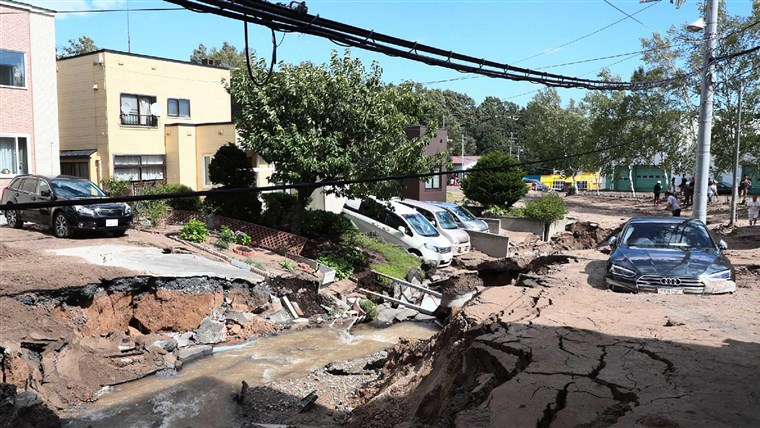KUALA LUMPUR, Aug 19 (NNN-Bernama) — Japan has reaffirmed that it will maintain transparency with the international community in relation to Tokyo’s contentious proposal to discharge treated water from the decommissioned Fukushima Daiichi nuclear power plant into the Pacific Ocean.
More than 1.33 million cubic metres of water that has accumulated on the site since the 2011 nuclear disaster caused by the Great East Japan Earthquake could possibly be released into the sea this summer.
The plan, however, has raised concerns worldwide including from countries and communities in the Southeast Asia region over its long term implications on health and environment.
Ambassador of Mission of Japan to ASEAN Masahiko Kiya said the Japanese government has been working very proactively with various quarters to share the information and updates on the handling of the treated water.
“The Government of Japan will continue to provide necessary information to the international community in a transparent manner based on the conclusion of the International Atomic Energy Agency’s Comprehensive Report.
“We will continue to make efforts to gain further understanding from the international community regarding the handling of the ALPS (Advanced Liquid Processing System) treated water,” he told Bernama via online meeting from his office in Jakarta, Indonesia.
The IAEA in its report published on July 4 has concluded that Japan’s approach to the discharge of the ALPS treated water into the sea and associated activities were consistent with relevant international safety standards, and the radiological impact on human and the environment is negligible.
It also stated that additional review and monitoring by the IAEA will continue after the discharge starts.
Kiya said Japan has been organising briefing sessions for diplomatic missions in Tokyo, holding explanatory sessions at international conferences including those organised by the IAEA and providing information online on the safety of the planned water discharge.
In addition, Japan also provided individual briefing sessions to countries and regions which have expressed particularly keen interest.
Regionally, the Ambassador said the mission is also conducting briefings with governments and communities in ASEAN as well as disseminating information on the social media to the wider population on latest information in order to help allay concerns over the issue.
On a related development, Kiya said “there is no change to the plan” in releasing the water according to schedule.
“The Government of Japan will make the final decision on the exact timing of the discharge based-on the situations of safety assurance and progress of countermeasures against reputational damage,” he said.
Although no dates have been revealed so far, international media reported Japan is considering to discharge the water between end of August and early September.
Kyodo News reported the Japanese government is expected to determine the specific date to start releasing the water after Prime Minister Fumio Kishida returns from a trilateral summit with the United States and South Korea in Washington on Aug 20.
— NNN-BERNAMA





